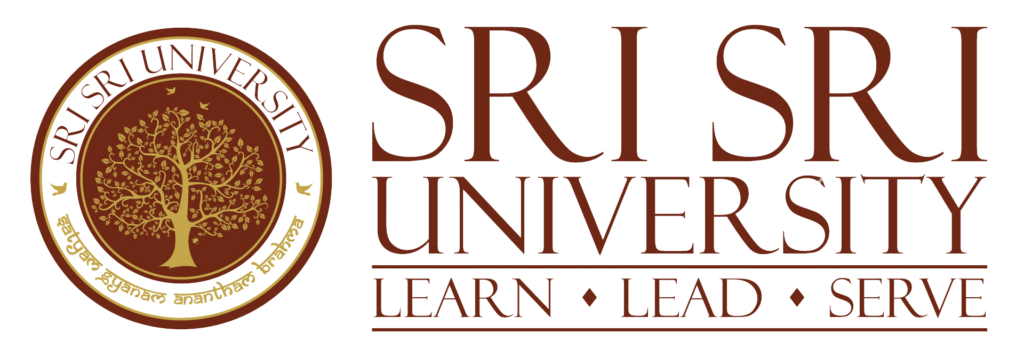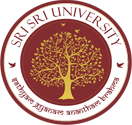SDG 14.5.2
Maintaining a Local Ecosystem
Monitoring the health of aquatic ecosystems Monitor the health of aquatic ecosystem


Plate 14.5.2 (a) Schematic diagram for Bio STP in Sri Sri University


Plate 14.5.2 (a) Water quality report of STP in Sri Sri University
The following actions have been taken:
- Regular ecological monitoring is conducted as part of the Eco-club, Farmers’ Club, Bird Club and Science club formed in SSU. Surveys related to aquatic macrophytes and faunal species are conducted as part of course curriculum by the B.Sc. students. From the surveys a total of 81 species of birds. In addition to this local market surveys are conducted for checking the availability of fish species in the water bodies near to SSU.
- Monitoring of soil dumps, wastes, sewage outfall and garbage to prevent the wetland from pollution.
- The bio-digestor has anaerobic microbial inoculum. Almost 40% by volume of the bio-digestor tank is filled with the microbial inoculum. The system consists of various compartments/partitions, internal flow system with bacteria matrix, inlet for human waste, and outlet for treated effluent and bio-gas.
- Sri Sri University has well-developed policies regarding the aquatic ecosystem like Reducing Marine Pollution, Waste disposal policy
Comments:
Sri Sri University ensures the monitoring at regular intervals, including water quality, flora and fauna. University has formed focused student organizations like eco-club, and farmer clubs for monitoring, experimental activities, and awareness campaigns for the same. Faculty members encourage the students to do experimental studies, and surveys for the betterment. The university follows the guidelines of the BIS/WHO and maintains the quality standard accordingly. University also maintains its own biodiversity map which contains the details of flora and fauna of Sri Sri University.

